Regulated Best Forex Brokers 2024
Regulated Forex Broker Reviews
- Best Forex Brokers
- Regulated Forex Broker
- What Makes a Great Forex Broker
- How to choose Best Forex broker?
- Top 10 Forex brokers List
Selecting Forex Broker or a Best Forex Trading platform? It is Top priority to choose reliable and Best Forex Trading Provider. Our financial experts with over 10 Years of Experience in Forex Trading have done deep research and made a detailed Review of Popular Forex Brokers.
What is a Forex Broker?
Forex Market, FX or Currency Market is the largest global non-centralized exchange where trading is performed electronically via networks. Main Forex participants are international banks and financial institutions, known as Interbank market, where currencies are exchanged or converted one to another. Read more about Forex via Wikipedia.
- In fact almost any individual can engage in Forex Trading, while the Role of the Forex Broker is to provide access to trade Forex Markets or other Instruments serving as Online Forex Broker mostly to retail traders alike Professional Traders, allowing to start even with small investment.
Regulated Forex Platform
Forex is a Decentralized Market and the increase of Forex Brokers and popularity overall pushed various world countries to establish particular organizations or authorities in order to oversee the market proposals and regulate Forex Broker firms.
- Forex Broker is regulated when holding licenses from a local authority based on the establishment, there are various destinations highly secure world-known Financial Centers with Top-Tier Regulators like FCA in the UK, ASIC for Forex Broker Australia, Commodity Futures Trading Commission CFTC in for Best Broker in USA, MAS in Singapore etc. And there are offshore zones considered unsafe and heaven for scammers due to low requirements. While Trading platform is trading technology used by Broker
- Forex Regulation constantly check on the service providing, protecting clients with compensation schemes and other security checks, also allowing traders to fill complaint, which may result in heavy company fining or even dismissal, however, regulatory conditions and regulations vary from one regulator to another, thus only Top-Tier authorities are considered safe enough for trading
In short - Regulated broker means you trade Forex with proper security and investment, security of funds is first, so - Good Broker is a sharply regulated broker.
| 🛡️ Is Regulated Broker safe to trade? | Yes, we advise Brokers with Top-tier licenses like FCA, BaFIN, NFA |
| 🏦 Spread | Depending on Instrument Average EUR USD – 1.2 pips |
| 📈 Leverage Trading | Yes |
| 📉 Positions | Sell and Buy |
| 💰 Contract Trading size | Nano Lot, Micro Lot, Standard Lot (Depending on the broker) |
What makes a Great Broker?
Forex Broker should be sharply regulated since the Forex market is decentralized and first point is reliability and trust, mainly provided by Top-Tier regulations like ASIC, CFTC or FCA and reputation, then it comes to the fair trading conditions and other points we will cover in our reviews.
Obviously, if you choose a non-reliable, mainly non-regulated or offshore firm without a proper license you may easily fall into a scam and lose money. Read more by the link Why avoid Brokers from St Vincent & The Grenadines.
How to choose Best Forex broker?
Since the security of funds is always first in Forex trading, we recall your attention to open an account with Regulated Brokers only and avoid solely offshore firms, then there are few other points we would advise to consider:
| How to Select Broker? | Reason |
|---|---|
| Choose Regulated broker with Top license | For Money Safety |
| Check trading conditions and account types | Your Trading Strategy Allowed |
| Test Trading Platform | Trading Software has necessary Tools |
| Find out spreads and commission | Fair Fees |
| Reach to Customer Support and Education | For Quality Support |
Top 5 Best Forex Brokers 2024
There is no such a thing as best forex broker in the world, yet there is definitely one that will be safe and suite your trading needs. Here we made our Financial expert selection of Top Forex Broker divided by category, as we tested the conditions and rank them as winning for services offered overall along with safe environment to trade or invest due to regulation:
- HFM – Best Overall Forex Broker 2024
- BlackBull Markets – Lowest Spread Forex Broker 2024
- FP Markets – Best Broker Forex for Beginners 2024
- Eightcap – Best MT5 Forex Broker in UK 2024
- BDSwiss – Best Forex Broker in India 2024
Can I trade Forex without a broker?
No, retail traders can not trade Forex directly, only authorized dealers can trade on Exchange. But you can trade Forex, Indices, Stocks, etc on your selected Best Broker for Forex Trading on its platform like MT4.
Do I need license to trade Forex?
Trading via Forex Broker you may access trading without financial or dealer license. Besides, there are hundreds of opportunities with a relatively small investment that allows trading Forex.
How do I know if my Forex Broker is regulated?
We advise to check license and information on the official brokers’ website first, then verify license in the official regulatory website See FCA Regulation Website. Since scam brokers may fake information and claim being regulated, read about Forex Scams here.
Is Forex a gamble?
No, Forex is not a gamble, but it is all about the broker you trade with, if you choose regulated serious broker with good licenses it is considered safe even though Forex Trading is high risk activity with potential to lose money.
Top 10 Brokers Forex List
Here is a Forex Brokers Directory of only well-Regulated brokers and updated Forex Broker list consisting of Forex Broker Reviews with our professional detailed analysis including trading fees, platform with trading conditions tested, along with traders comments shared:
| Broker | Detail | |
|---|---|---|
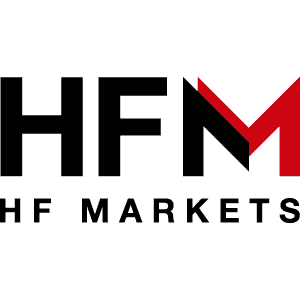 HFM HFM
|
Min. Deposit: 0 US$ Max. Leverage: 1:2000 Trading Platforms: MT4, MT5, HFM Trading App Regulation: CySEC, FCA, DFSA, FSCA, FSA, CMA |
1
|
 BlackBull Markets BlackBull Markets
|
Min. Deposit: 0 US$ Max. Leverage: 1:500 Trading Platforms: MT4, MT5, cTrader, BlackBull Trade, Trading View Regulation: FMA, FSA |
2
|
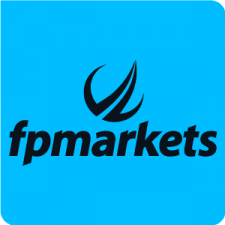 FP Markets FP Markets
|
Min. Deposit: 100 US$ Max. Leverage: 1:30 Trading Platforms: IRESS, MT4, MT5, cTrader Regulation: ASIC, CySEC, St. Vincent and the Grenadines, FSP, CMA |
3
|
 Eightcap Eightcap
|
Min. Deposit: 100 US$ Max. Leverage: 1:500 Trading Platforms: MT4, MT5, TradingView Regulation: ASIC, SCB, CySEC, FCA |
4
|
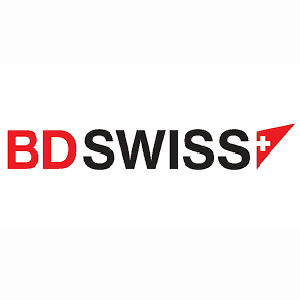 BDSwiss BDSwiss
|
Min. Deposit: 10 US$ Max. Leverage: 1:400 | 1:2000 Trading Platforms: MT4, MT5, BDSwiss Webtrader, and BDSwiss Mobile App Regulation: FSC, FSA, FSCA, MISA |
5
|
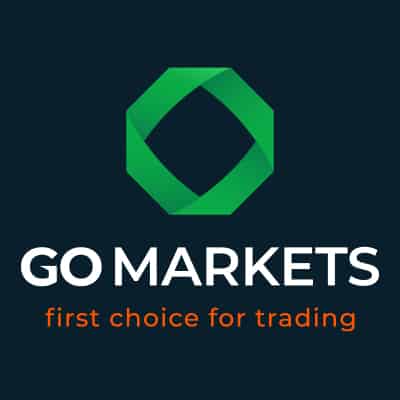 GO Markets GO Markets
|
Min. Deposit: 0 US$ Max. Leverage: 1:30, 1:500 Trading Platforms: MT4, MT5, cTrader, WebTrader Regulation: ASIC, CySEC, FSC, FSA |
GO Markets Review |
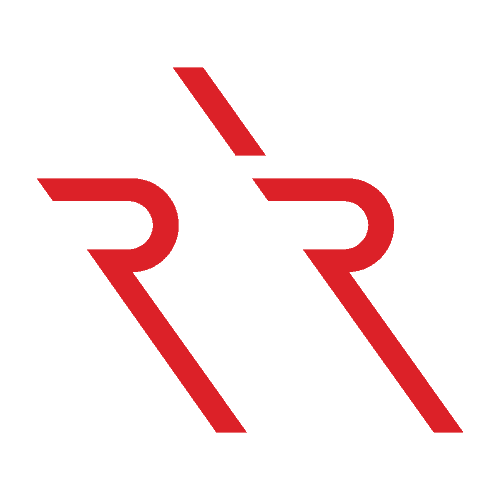 Errante Errante
|
Min. Deposit: $€50 Max. Leverage: 1:30 | 1:500 Trading Platforms: MT4, MT5, cTrader Regulation: CySEC, FSA |
Errante Review |
 Pepperstone Pepperstone
|
Min. Deposit: 200 US$ Max. Leverage: 1:30 to 1:400 Trading Platforms: MT4, MT5, cTrader, TradingView Regulation: ASIC, FCA, DFSA, SCB, CMA, CySEC, BaFIN |
Pepperstone Review |
 KCM Trade KCM Trade
|
Min. Deposit: 500 US$ Max. Leverage: 1:400 Trading Platforms: MT4, MT5, KCM Trade WebTrader Regulation: ASIC, FSA |
KCM Trade Review |
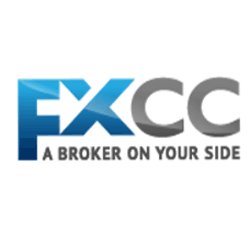 FXCC FXCC
|
Min. Deposit: No minimum deposit Max. Leverage: 1:30 | 1:500 Trading Platforms: MT4 Regulation: CySEC, SVG FSA |
FXCC Review |

